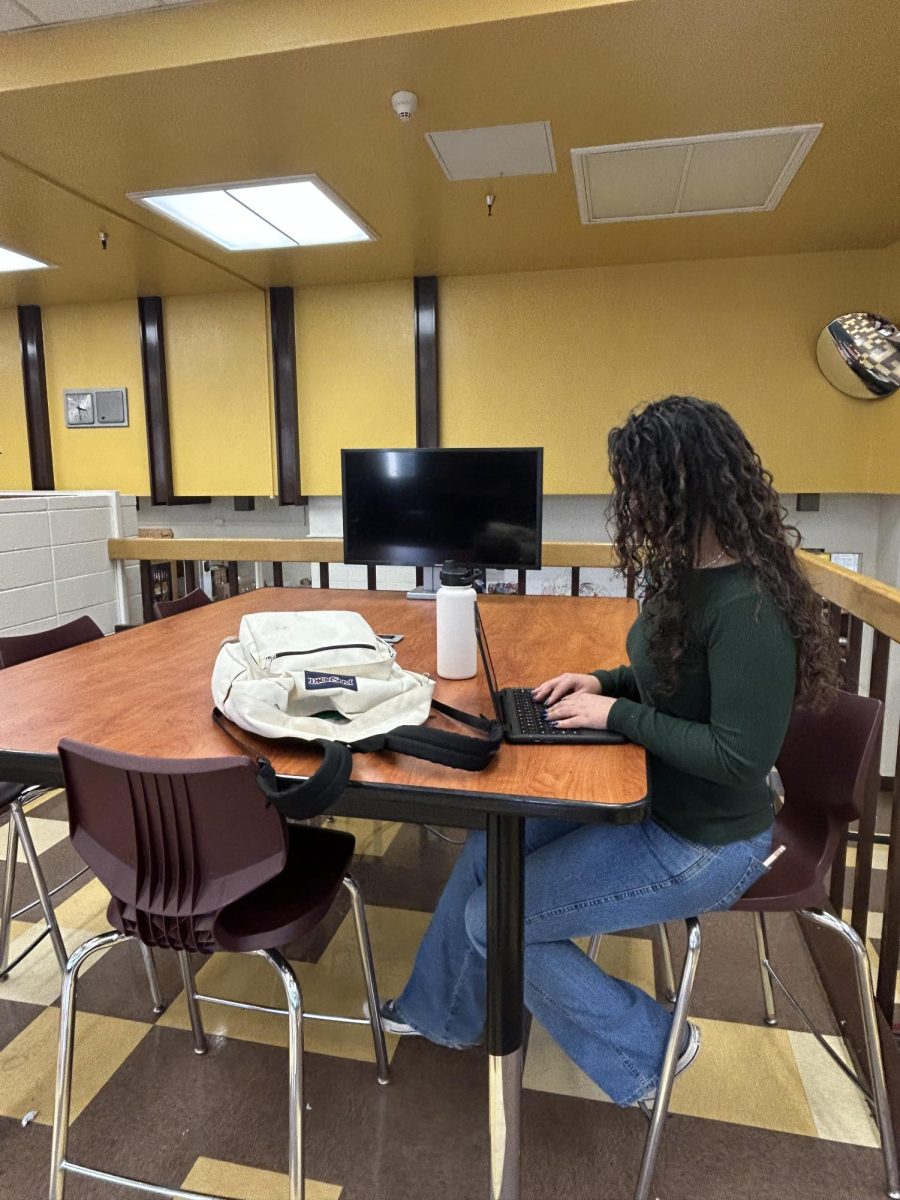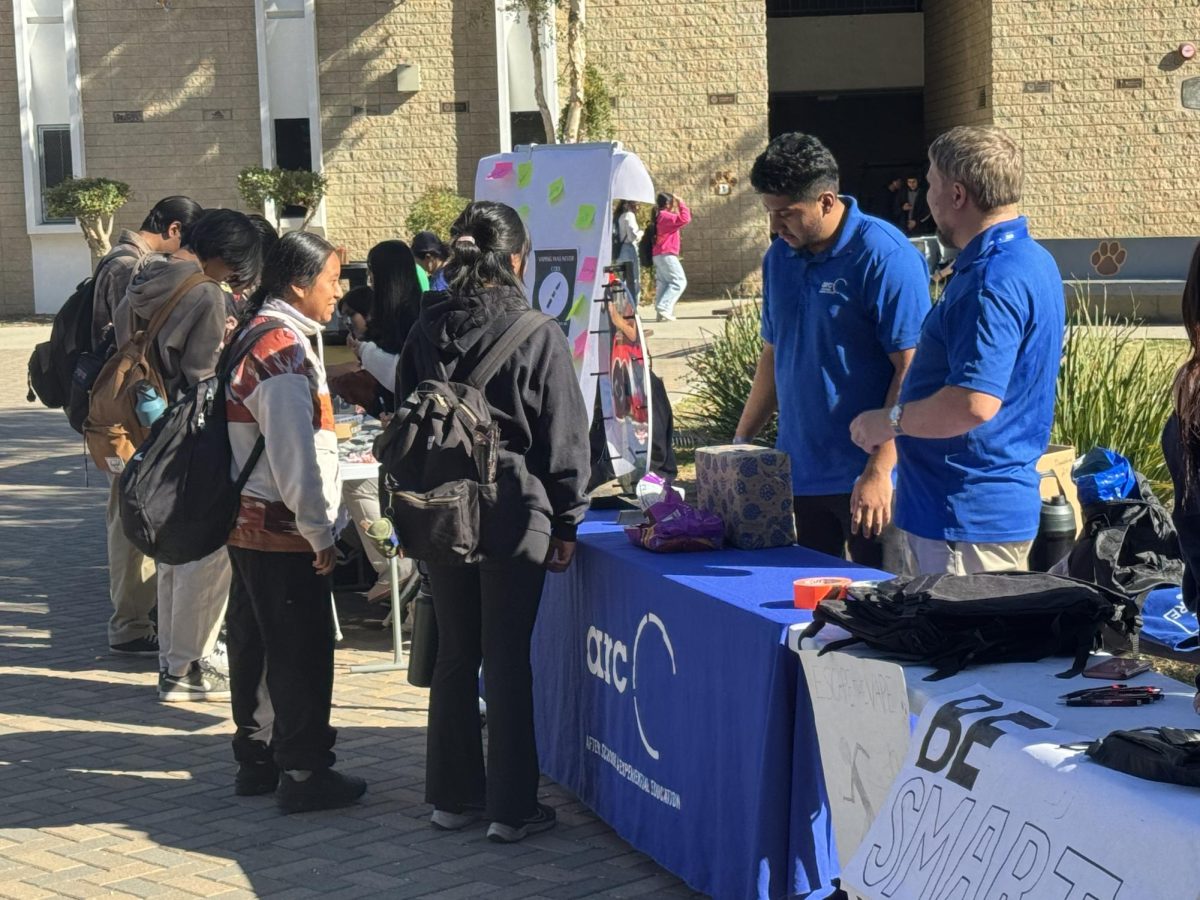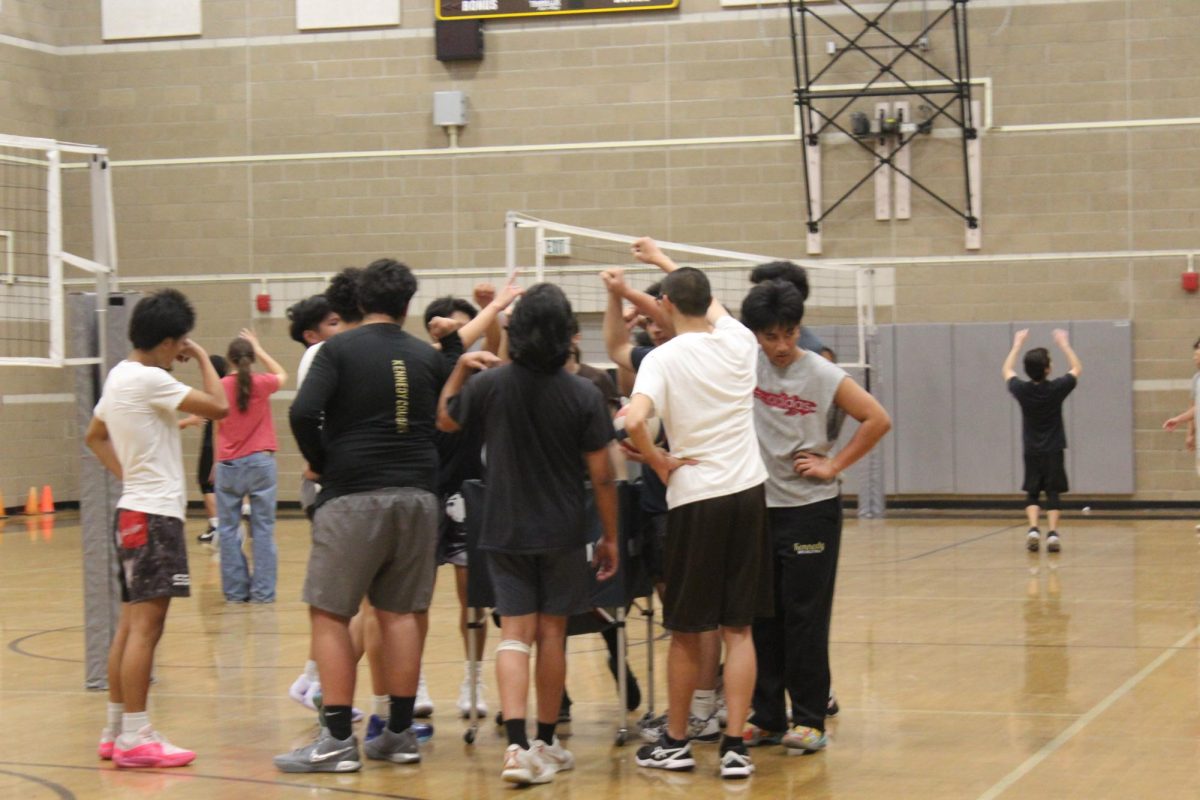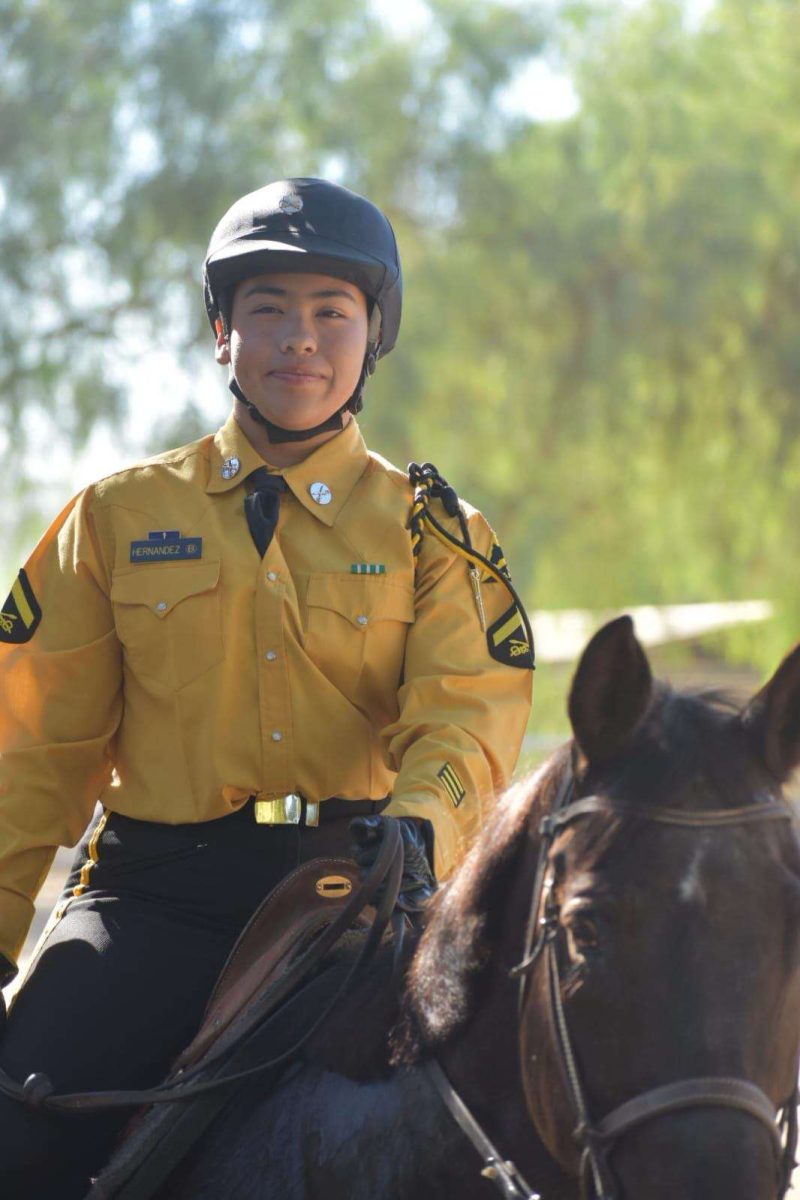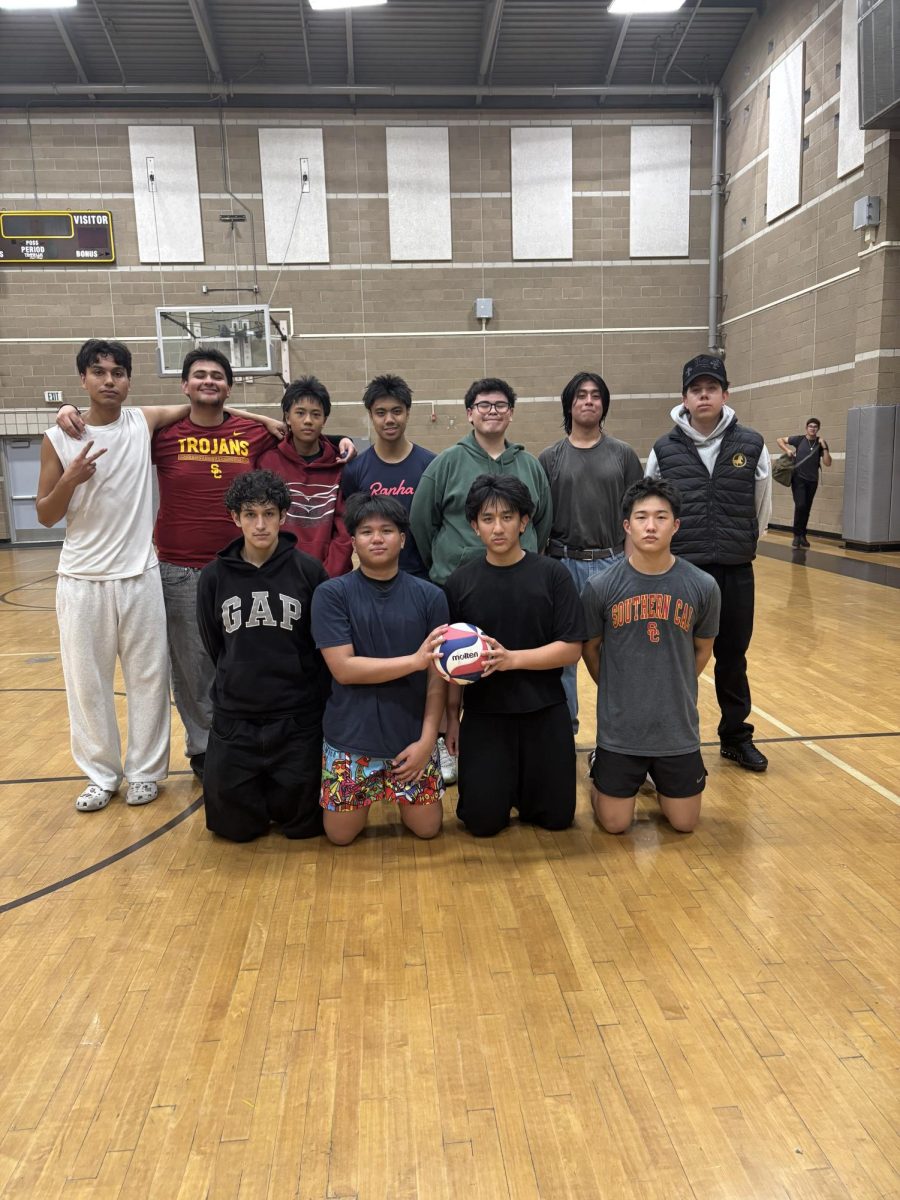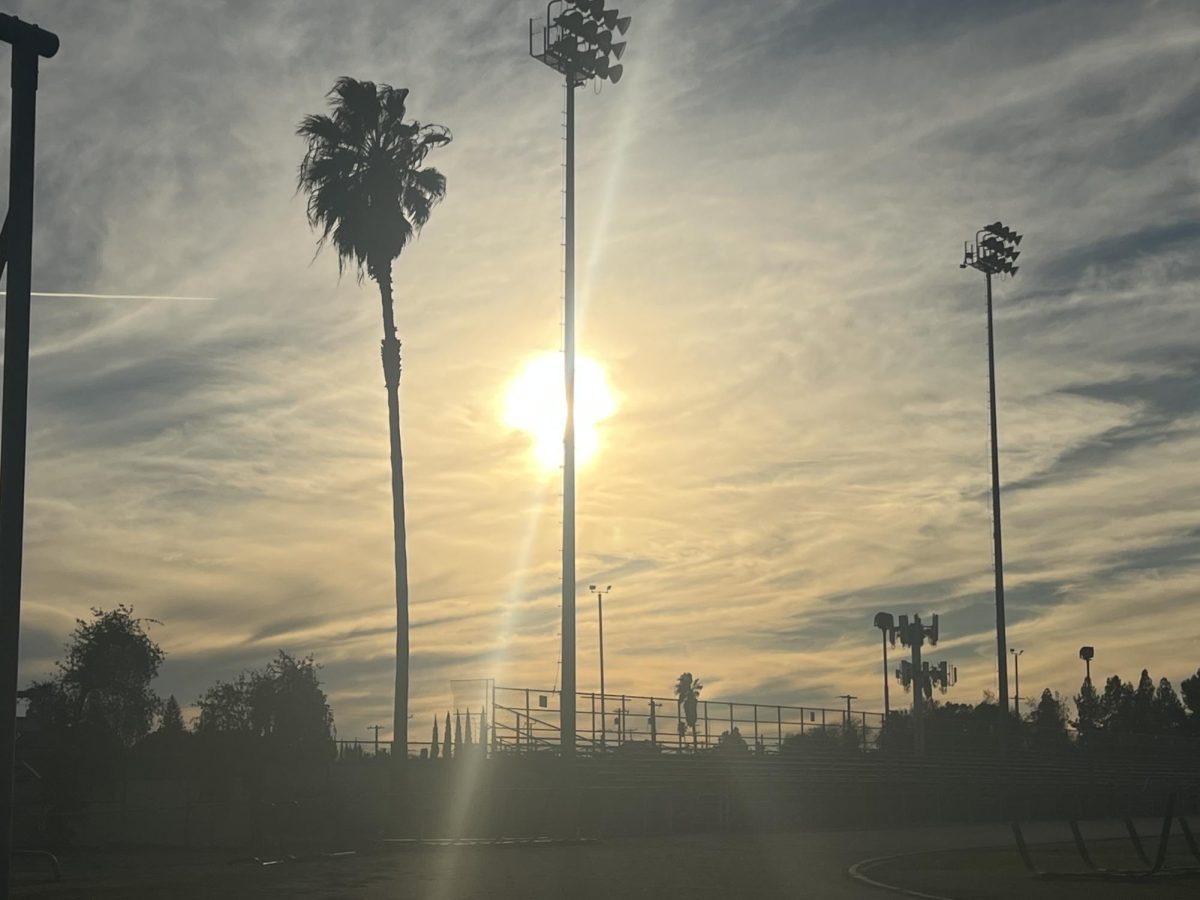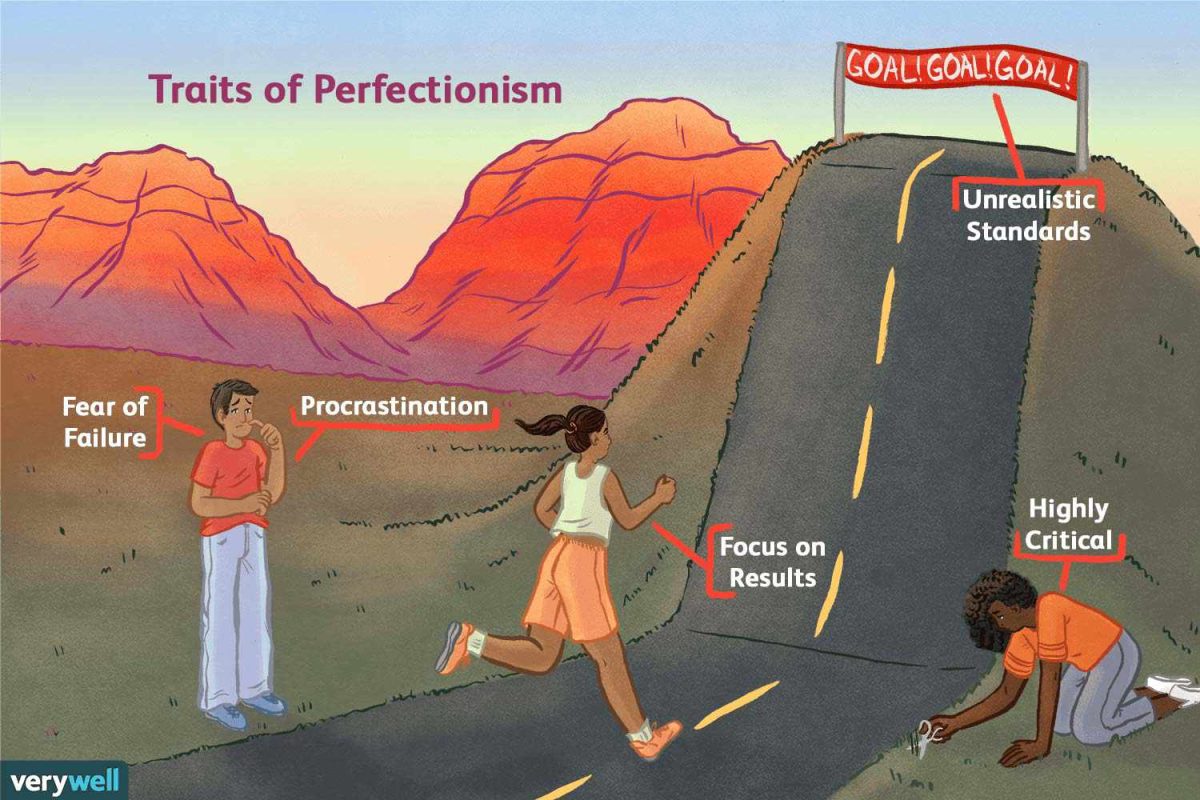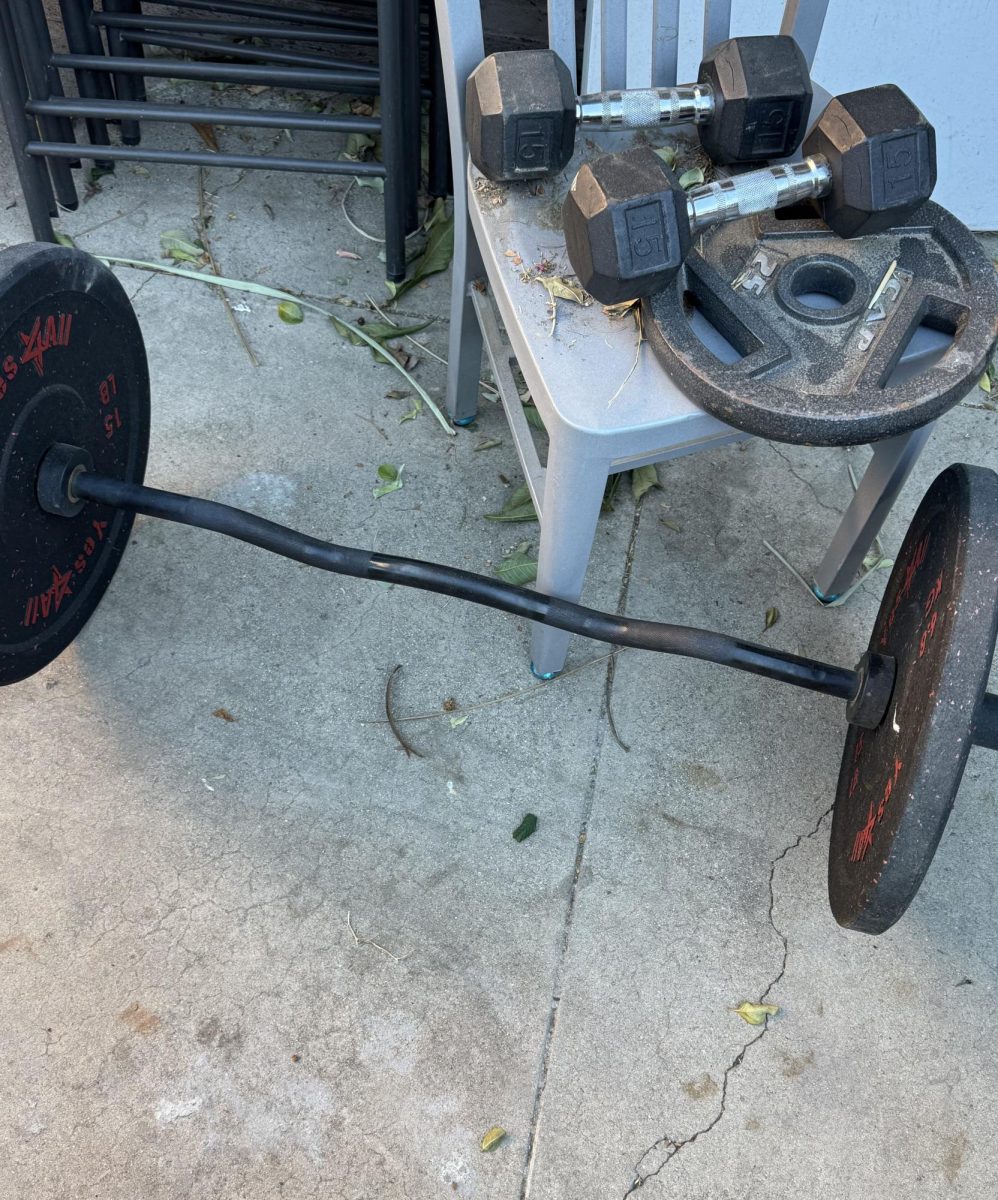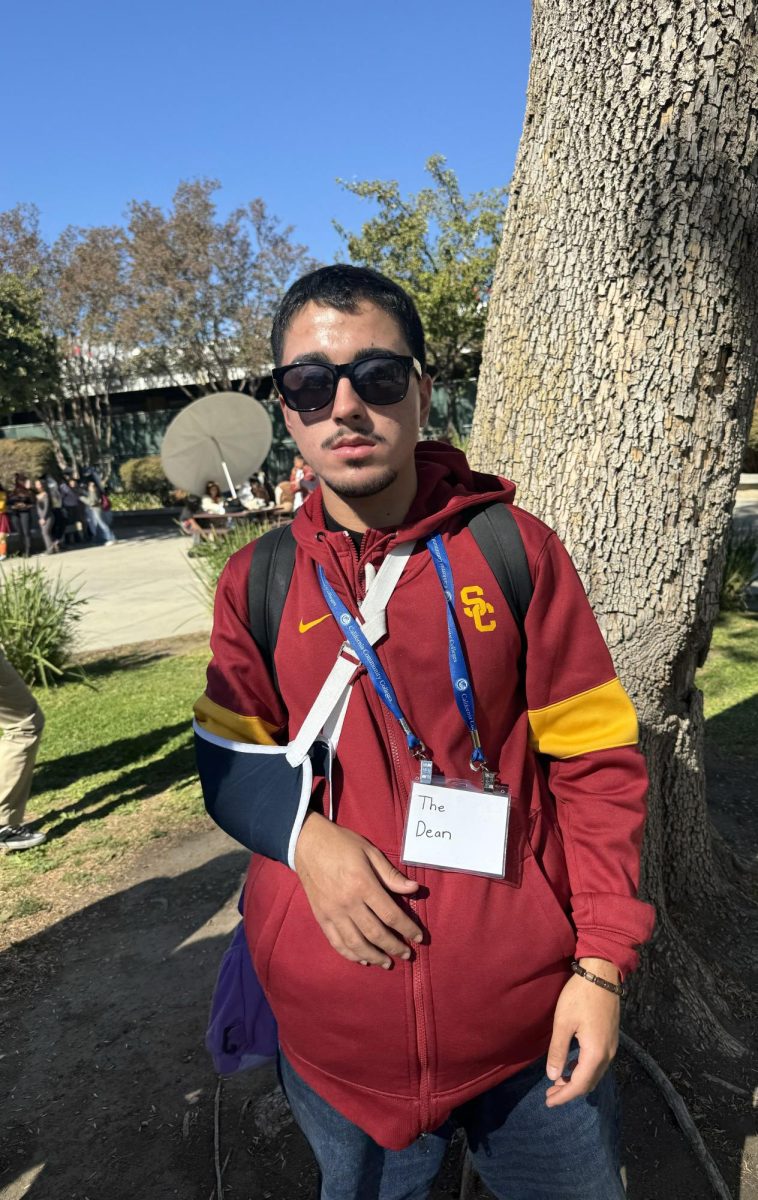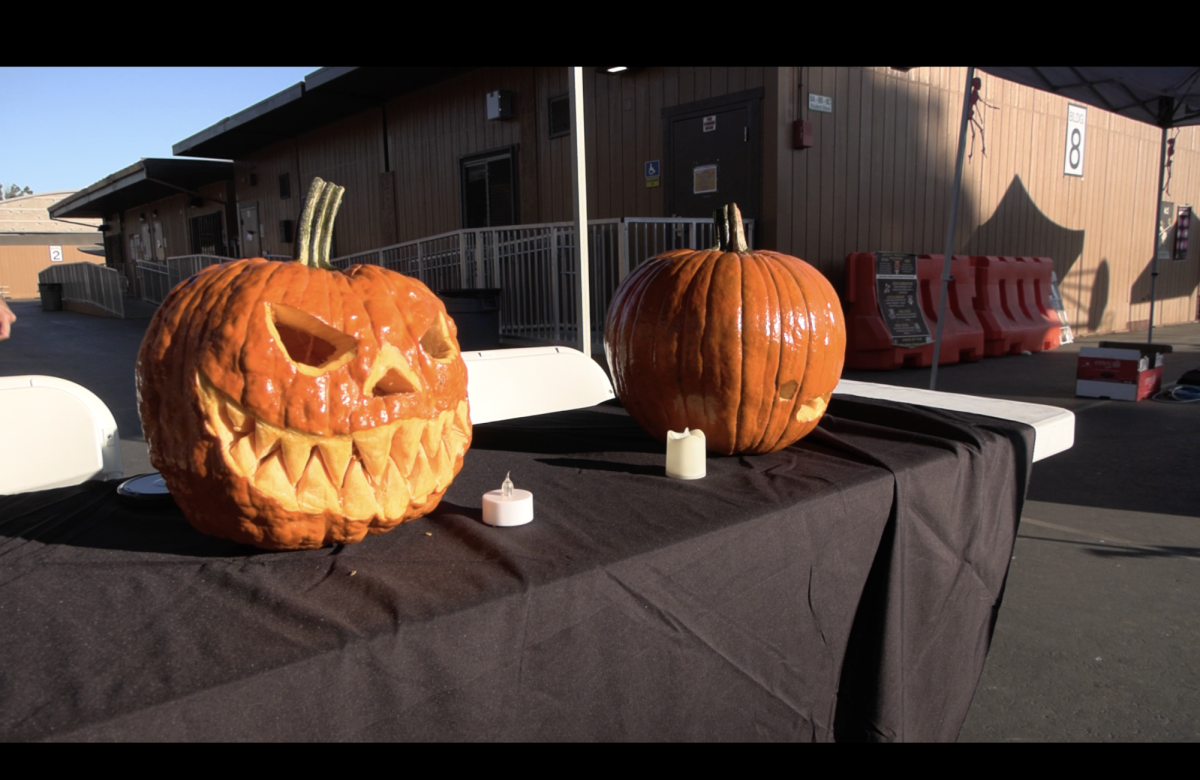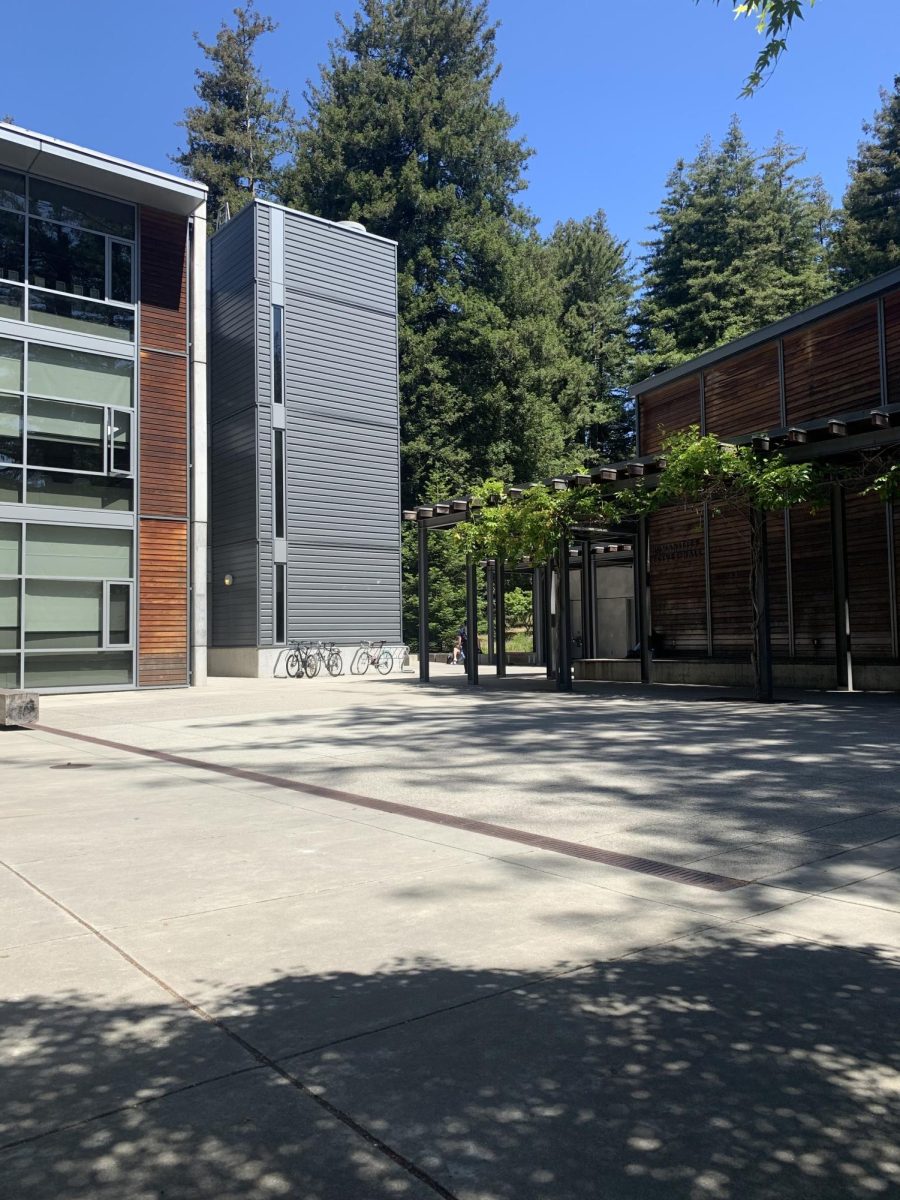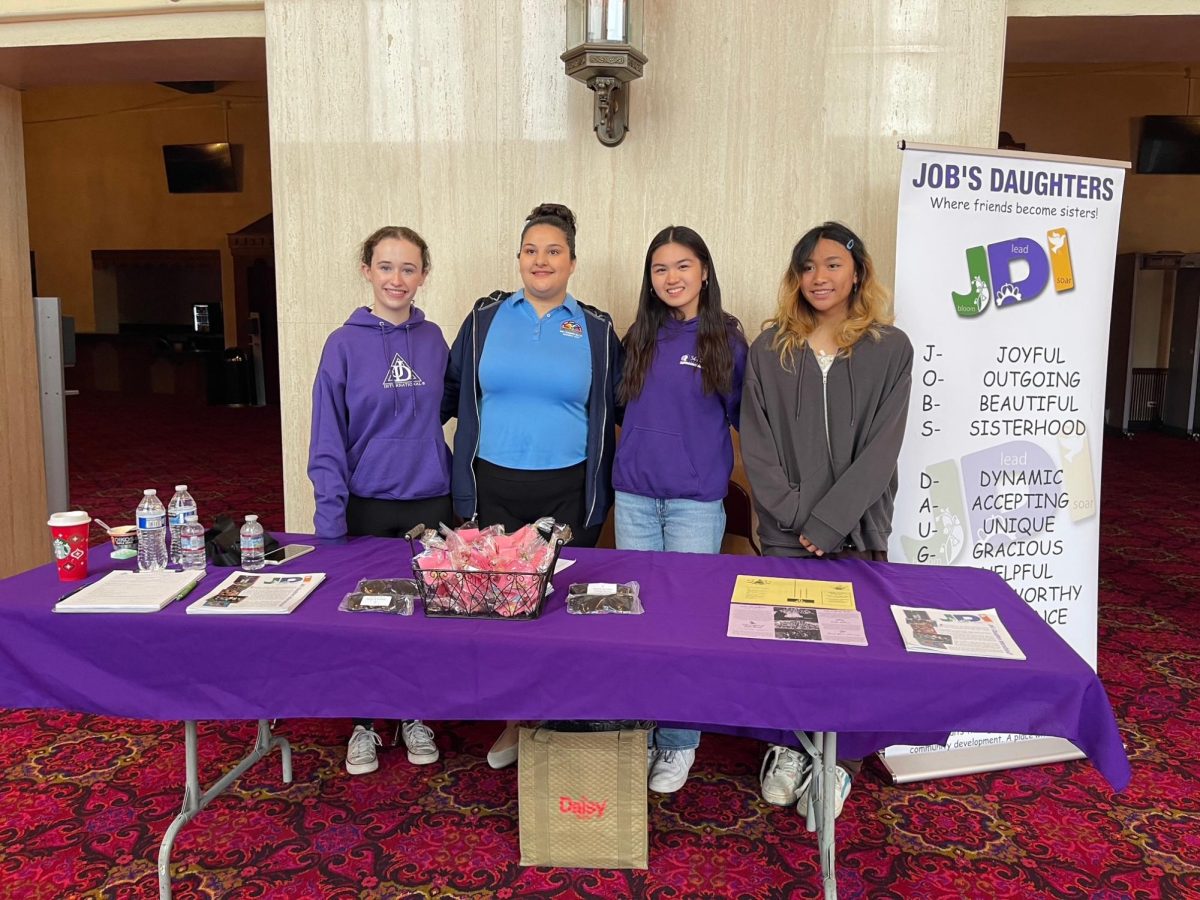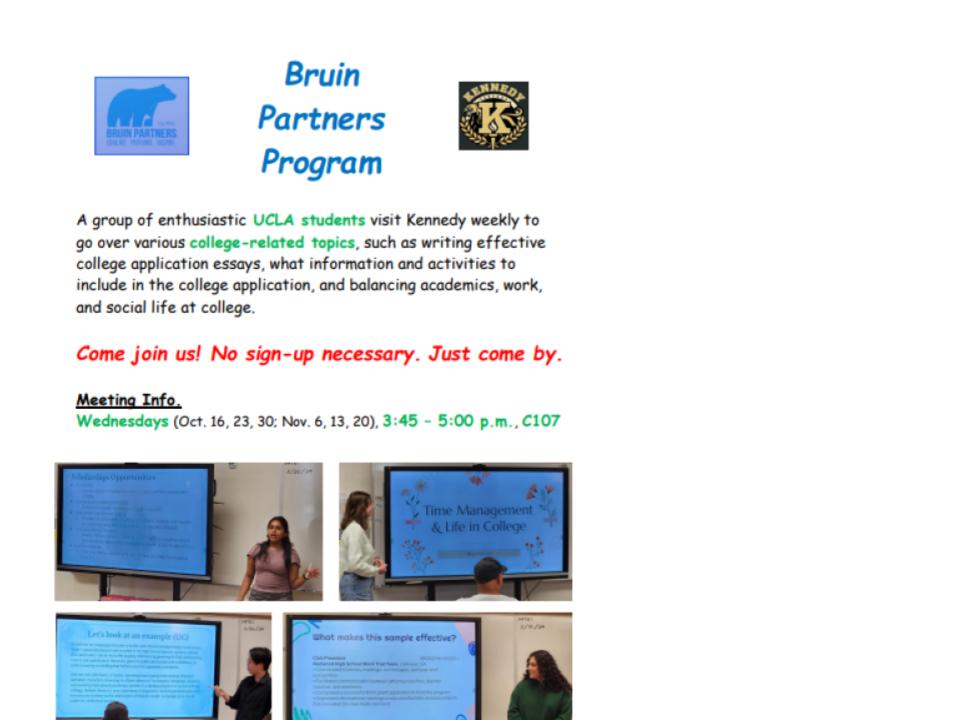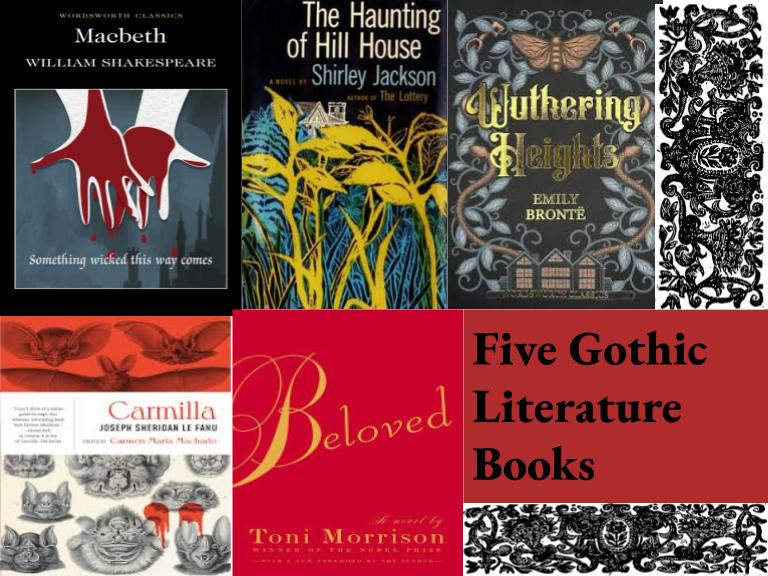A theory developed by minister and couples counselor Gary Chapman states that there are five main love languages: words of affirmation, acts of service, receiving gifts, quality time, and physical touch, and those languages show how people express and receive love.
Being aware of other people’s love language and letting them know your own is a way to help you feel loved and appreciated.
Senior Jason Ortiz said, “I personally have realized and accepted that I need to learn to adapt to my partner’s needs. For example, I always want her to be happy so I tend to put her needs before mine because seeing her happy makes me happy.”
Words of affirmation are all about expressing love through verbal or written appreciation. Some people feel most loved when they hear kind and sweet words from loved ones. It could be as simple as saying “I love you” or expressing gratitude for something they’ve done. Compliments, encouraging words, and love notes can also go a long way in making someone feel loved.
Acts of service involve showing love through actions. It could be as small as doing chores, running errands, making them breakfast in bed, or as significant as taking care of their responsibilities when they’re overwhelmed. For some people, actions truly speak louder than words.
It involves doing things for your partner that make their life easier or more enjoyable. These acts show that you care and are willing to support them.
Receiving gifts is not about materialism but rather the thought and effort behind the gift. Some people feel most loved when they receive meaningful and thoughtful presents. It’s the idea that someone took the time to choose something special for you. It could be a small token or a grand gesture, as long as it shows that you know and understand your partner’s tastes and desires.
Quality time is all about complete attention and spending meaningful moments together. This can be through engaging in activities, going on dates, having deep conversations, participating in shared hobbies and interests, or simply enjoying each other’s company.
It’s not just about being physically present but actively engaging with each other.
Lastly, physical touch is a love language that expresses love through physical contact, such as hugs, kisses, holding hands, or even a gentle touch on the arm. For some people, physical touch is a powerful way to feel loved and connected because it involves the power of human connection through touch. It can communicate love, care, and support uniquely.
Senior Edgar Abellano said, “My primary love language is physical touch. I feel loved by others when they express themselves through their love language because I feel like there’s a connection.”
However, the five original love languages have always stayed the same throughout time, but that doesn’t mean there aren’t different ways to express and receive love. For example, people can connect with ideas of shared experiences and emotional stability.
The more awareness we have about ourselves and what fills our happiness tank, the more ways we have to help our partner or other people love us in the way we most want to be loved.
Licensed marriage & family therapist and author Ivy Kwong said, “Love languages can change over time, evolving as your relationship does. As your needs change, your love languages can too. Keep checking in with what you are feeling and communicate openly and honestly with your partner.”
The idea of love languages is meant to simply help you think about what makes you happy and give ways to help you better communicate your needs.
It’s important to remember that everyone has their own unique love language. Understanding and respecting each other’s love languages can greatly strengthen relationships and make love feel more fulfilling. By expressing love in the way that sticks out to you the most with our loved ones, we can create stronger and deeper connections.
Everyone has a primary love language, but they may appreciate and respond to other love languages as well. Understanding and speaking other’s love language can create a deeper emotional connection and make them feel truly loved and valued.
Junior Ashley Garibay said, “Yes, I do strongly agree that my love language has changed over time. When I was younger, my love language was physical touch;I loved giving out hugs, but I soon realized not many people liked receiving hugs. So, throughout time I’ve noticed that my love language is quality time. I believe when a person makes time to just be around you or even make plans it shows that one cares.”
Love languages are not set in stone and can evolve. It’s essential to communicate with your partner, learn about their preferences, and be open to adapting your expressions of love. Keep exploring and discovering how you can best show love to those you care about.

